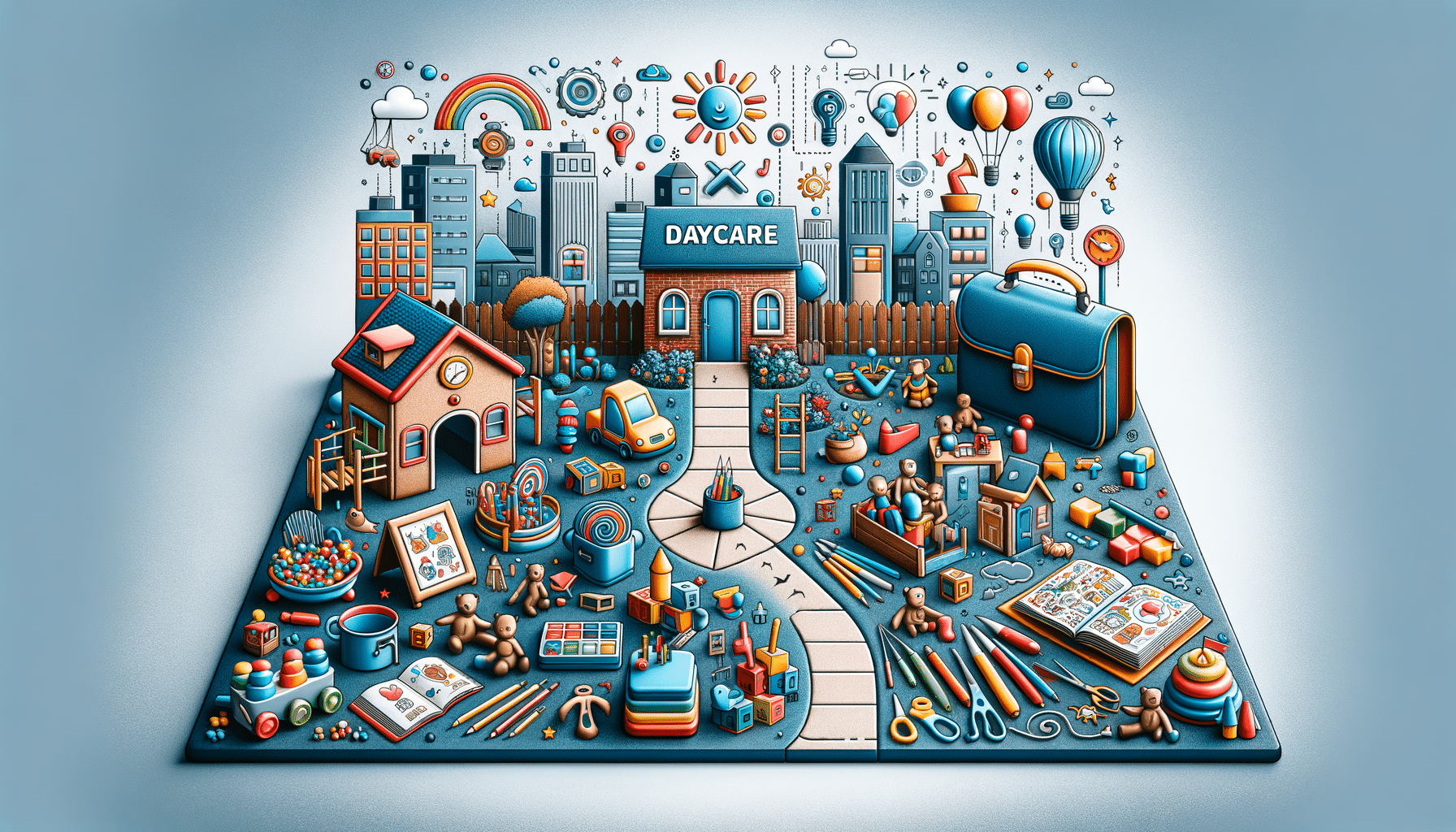
Exploring Opportunities in Daycare Jobs
Introduction to Daycare Jobs
Daycare jobs offer a unique opportunity for individuals passionate about early childhood education and care. These roles are not just about supervision but involve nurturing young minds during their formative years. With the increasing demand for quality childcare, daycare jobs have become more relevant and rewarding. Understanding the nuances of this profession can help aspiring caregivers make informed career choices.
Working in daycare requires a blend of patience, creativity, and dedication. Professionals in this field are responsible for creating a safe and stimulating environment that fosters learning and development. As society places more emphasis on early childhood education, the role of daycare providers becomes even more critical. This article explores various aspects of daycare jobs, offering insights into what makes this career path both challenging and fulfilling.
The Role and Responsibilities of Daycare Professionals
Daycare professionals play a crucial role in the development of children. Their responsibilities extend beyond basic supervision to include educational and developmental activities. This involves planning and implementing age-appropriate programs that promote cognitive, social, and emotional growth.
A typical day for a daycare worker includes organizing play activities, preparing meals, and maintaining a clean and safe environment. They also monitor children’s progress and communicate with parents about their child’s development. This requires strong communication skills and a deep understanding of child psychology.
Moreover, daycare professionals must be adept at handling emergencies and managing diverse groups of children. They often work in teams, coordinating with other staff members to ensure the smooth operation of the facility. This collaborative environment fosters a supportive culture that benefits both staff and children.
Qualifications and Skills Required for Daycare Jobs
To embark on a career in daycare, certain qualifications and skills are essential. Most positions require a high school diploma or equivalent, although many employers prefer candidates with a degree in early childhood education or a related field. Certifications in CPR and first aid are often mandatory, ensuring that caregivers are prepared for any emergencies.
Beyond formal qualifications, successful daycare workers possess a range of soft skills. Patience, empathy, and creativity are paramount, as these professionals engage with children who have diverse needs and personalities. Strong organizational skills are also necessary to manage multiple tasks efficiently.
Continuous professional development is encouraged in this field. Workshops and training sessions help caregivers stay updated on the latest educational techniques and childcare practices. This commitment to learning not only enhances their skills but also improves the quality of care provided to children.
Challenges and Rewards of Working in Daycare
Like any profession, daycare jobs come with their own set of challenges and rewards. One of the primary challenges is managing the varying needs and behaviors of children. This requires a high level of patience and adaptability, as caregivers must tailor their approaches to suit individual children.
Another challenge is the physical and emotional demands of the job. Daycare workers are on their feet for long periods and must be constantly alert to ensure the safety and well-being of the children. Despite these challenges, many find the work incredibly rewarding.
The rewards of working in daycare are numerous. The opportunity to make a positive impact on a child’s life is perhaps the most significant. Watching children grow and develop under their care provides a sense of accomplishment and purpose. Additionally, the relationships built with children and their families often extend beyond the daycare setting, creating a strong sense of community.
Career Advancement Opportunities in Daycare
Daycare jobs offer numerous opportunities for career advancement. Many professionals start as assistants and gradually move up to lead teacher or director positions. With additional education and experience, some may choose to open their own daycare centers, becoming entrepreneurs in the field.
Continuing education plays a crucial role in career advancement. Pursuing certifications in specialized areas, such as special education or child development, can open doors to higher-level positions. Networking with other professionals and participating in industry conferences also enhances career prospects.
Furthermore, the skills gained in daycare jobs are transferable to other roles in education and childcare. This versatility allows professionals to explore various paths within the broader field of early childhood education, ensuring a dynamic and fulfilling career.


